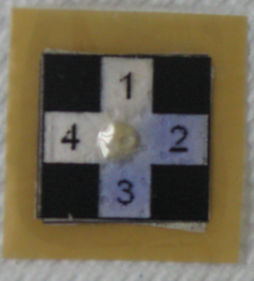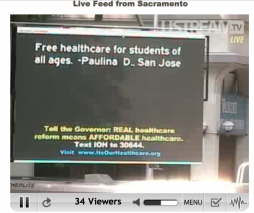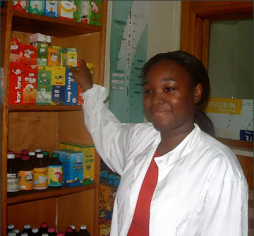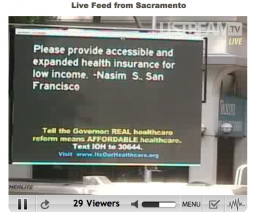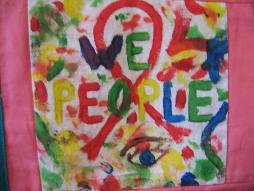health care
Posted by AnneryanHeatwole on Oct 23, 2009
Innovations in Mobile-Based Public Health Information Systems in the Developing World: An example from Rwanda data sheet 3079 Views
Abstract:
This paper will examine new applications of mobile and wireless technologies to the challenges of public health in the developing world, particularly the Least Developed Countries (LDCs). After a brief review of initiatives underway in Africa and India, the bulk of the paper will describe a national HIV/AIDS information system currently under development in Rwanda.
This system relies on a combination of internet technology and traditional telephony (both fixed and wireless) to connect even the most remote rural health clinics. Potential merits of this system will be examined in light of Heeks’ (2002) review of information systems projects in developing nations. This analysis will suggest that certain fundamental properties of wireless/mobile technologies are likely to increase the efficacy, scalability, and sustainability of public health information systems in low teledensity settings.
The paper applies both to the “mobile technologies for disadvantaged persons” as well as to the “doctors communicating with doctors” tracks. However, given the severity of the HIV/AIDS pandemic, and given its particular impact on the LDCs, it is important to consider these applications as critical tools in what can only be described as one of the biggest and most protracted “health care emergencies” the world has ever confronted.
Posted by CorinneRamey on Jun 20, 2008
The numbers should speak for themselves. In 2006, there were 9.2 million new tuberculosis (TB) cases and 1.7 million TB deaths. Of these cases, 5.3% were a tough strain of TB that is resistant to treatment (known as MDR-TB, or multiple drug resistant tuberculosis). The total cost of TB control programs in high burden countries is estimated to be about $2.3 billion in 2008. A team of students and faculty at the Massachusetts Institute of Technology has come up with an innovative response to this problem that uses mobile phones as both a reporting mechanism and incentive program.
Posted by CorinneRamey on Nov 02, 2007
We reported a few days ago on the use of a text-to-screen campaign by the advocacy coalition It's OUR Healthcare! (IOH) in California. Now that the campaign is over, we've interviewed the organizers for more details on this innovative use of SMS in political advocacy.
Matt Lockshin, the online organizer for the It's OUR Healthcare! campaign sat down with us for a conversation. Lockshin told us that although the campaign dealt with some technical challenges, he was pleased with the quantity of SMS messages received and the response from media, political advocacy groups, and people in California.
Posted by CorinneRamey on Nov 01, 2007
Imagine buying drugs to cure malaria, only to find that the ineffective medicine contains a mixture of chalk and starch. Or imagine taking counterfeit birth control and finding yourself pregnant, or getting inoculated for meningitis -- as was the case with 2,500 people in Niger -- and finding that the vaccine was deadly.
Posted by CorinneRamey on Nov 01, 2007
California Activist Coalition It's OUR Healthcare has launched a new SMS campaign broadcasting text messages on a screen in Sacramento. The campaign is in response to California Governor Arnold Schwarzenegger's latest health care proposal, which IOH says disregards issues of affordability, deductibles and coverage. The legislature is holding its first hearing on the issue today.
Posted by KatrinVerclas on Oct 20, 2007
HIV/AIDS is one of the most significant human, health, and development issues facing Africa today. NGOs and health care providers are increasingly turning to mobile phones to address the unique challenges of AIDS awareness, prevention and treatment. "HIV/AIDS is arguably the most pressing development problem facing South Africa – and Africa," asserts a report by the United Nations Children's Fund (UNICEF ) and Women'sNet, a South African network of people who use ICTs in gender-related advocacy and support. The report, titled "Rapid Assessment of Cell Phones for Development," is available here on the UNICEF website.
